Section: Religion
There are more than 200 results, only the first 200 are displayed here.
-
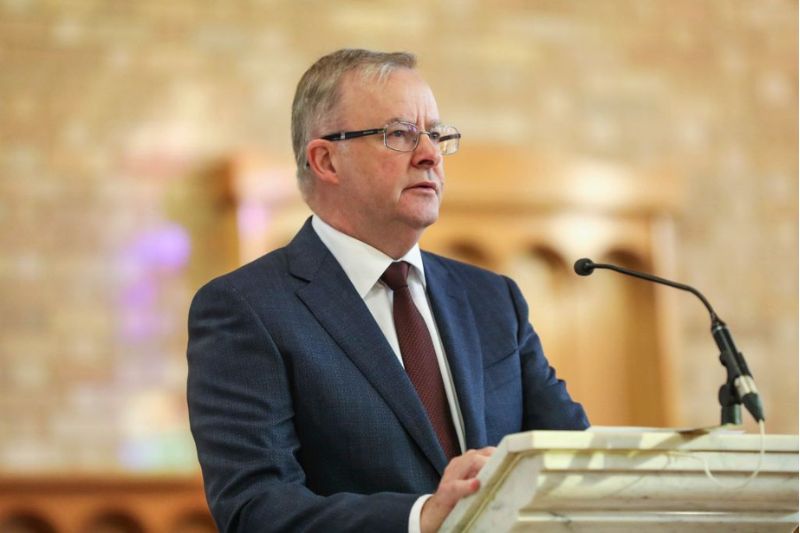
RELIGION
- John Warhurst
- 15 November 2022
16 Comments
Australia is awash with politicians who identify or are identified as Catholic. And Catholic media always take some interest in Catholic politicians whatever their political stripe. But what does this mean to have Catholic politicians from a theologically and ideologically diverse church?
READ MORE 
-
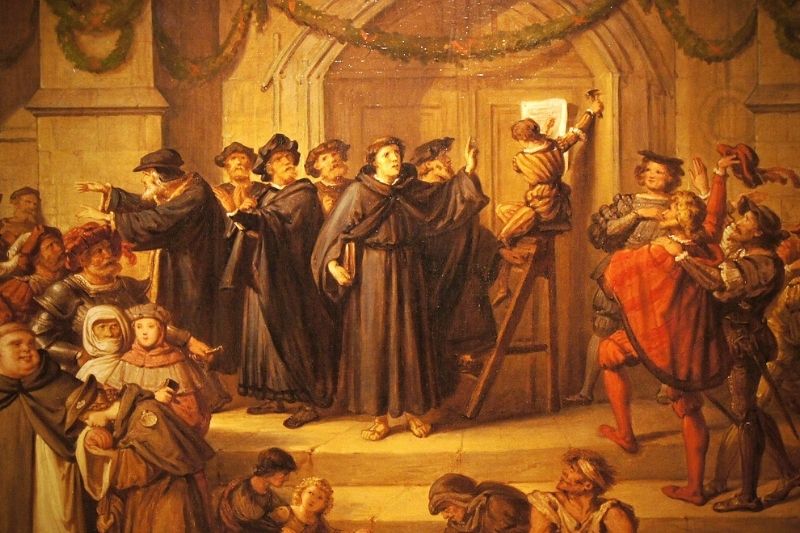
RELIGION
- Andrew Hamilton
- 26 October 2022
10 Comments
What would the world have been like today if the Reformation had not happened? Would it really have been a better Church and a better world? And how, indeed, can we evaluate these enormous historical events?
READ MORE 
-

RELIGION
- John Warhurst
- 13 October 2022
13 Comments
Freedom of religion, a matter of national interest still to be resolved successfully in the Federal Parliament, has yet again become a focus for the nation’s football codes. The Essendon controversy has demonstrated how it is issues with a religious-cultural component, not economic issues, which most polarize our society and are the most difficult for politics to resolve harmoniously.
READ MORE 
-
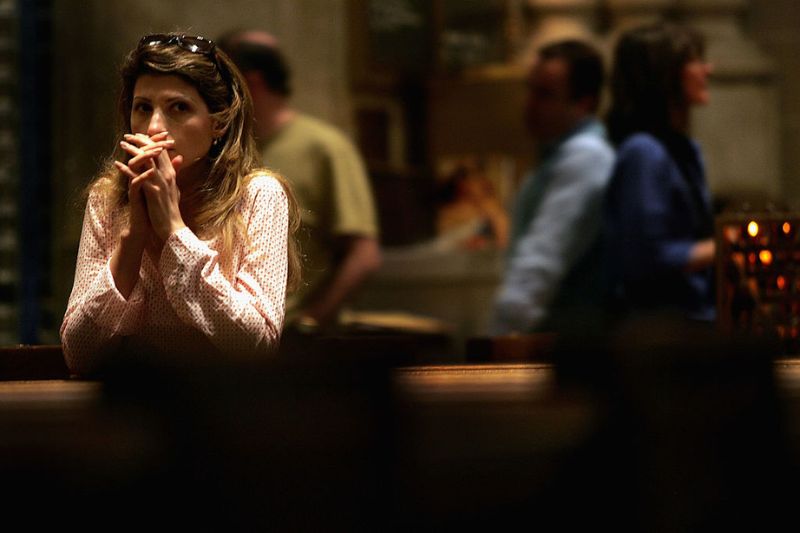
RELIGION
- Terry A. Veling
- 20 September 2022
5 Comments
The beauty of questions is they remind us that we do not know, even as they lure us into their openness. Questions are rarely ever closed or settled. Honner’s books are built around questions. ‘If God made the world, who made God?’ Or, leaving behind pure speculation, ‘Why doesn’t God answer my prayers?’ These are deep mysteries, but they are not meaningless mysteries, Honner says.
READ MORE 
-

RELIGION
- Paul Collins
- 20 September 2022
5 Comments
The word ‘Catholic’ is derived from the Greek Καθολικός (katholikos) meaning universal, of the whole, and the entire tradition is the very opposite of sectarian, particularist, narrow. It is most truly itself when it’s embracing and inclusive.
READ MORE 
-
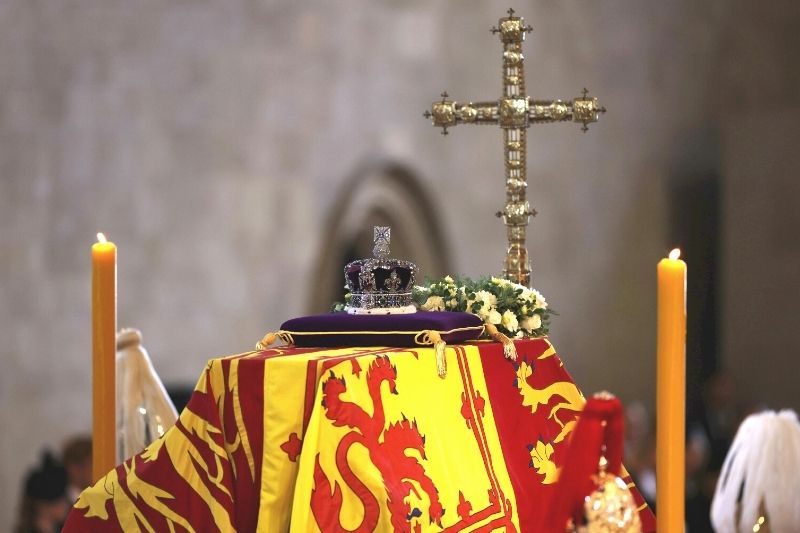
RELIGION
- Miles Pattenden
- 15 September 2022
4 Comments
The Queen’s life of overt public religion — which led her to become perhaps the twentieth century’s greatest Christian evangelist — was grounded in her conviction in the Gospels’ truth. And she interpreted Jesus’ story generously and ecumenically, broadening her role from the narrow Anglican identity of Supreme Governor of the Church of England to become an advocate by example for faiths of every kind.
READ MORE 
-
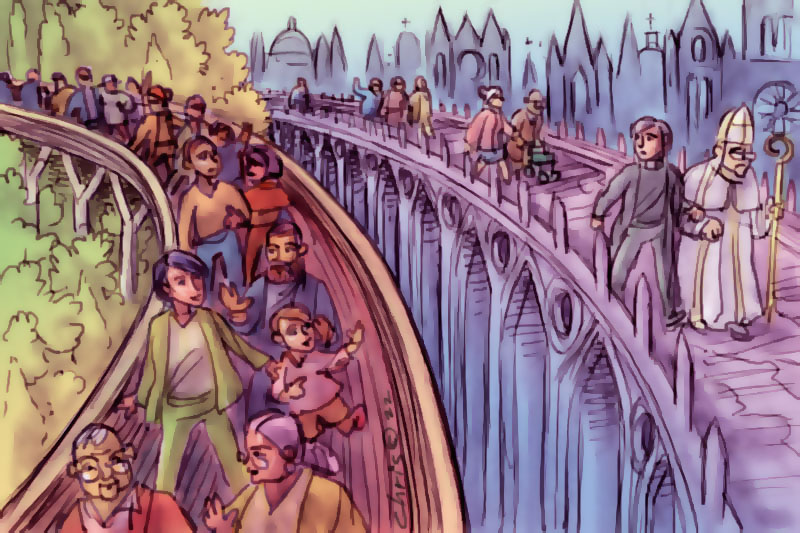
RELIGION
- Tracey Edstein
- 14 September 2022
6 Comments
There is no doubt that the institutional Catholic church has lost ground in the last few decades. But unlike the institutional Catholic church, the parallel church is thriving. As people seek to engage with their beliefs and live their lives of faith more deeply, many have come to embrace a spirituality which, framed by authentic Catholic tradition, encompasses an expanded array of practices.
READ MORE 
-
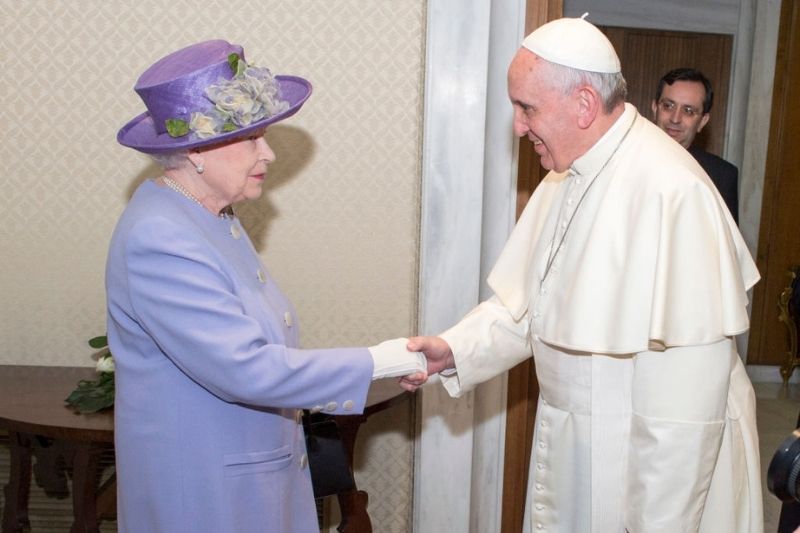
RELIGION
- John Warhurst
- 13 September 2022
7 Comments
Republican sentiments from prominent Australians did not ever preclude great personal admiration for Queen Elizabeth for her devotion and service. Now, following her death, attention has particularly turned to her Christian faith. Following the lead of Pope Francis, the Australian bishops have joined in widespread community admiration. Pope Francis spoke of ‘her steadfast witness of faith in Jesus Christ and her firm hope in her promises’.
READ MORE 
-
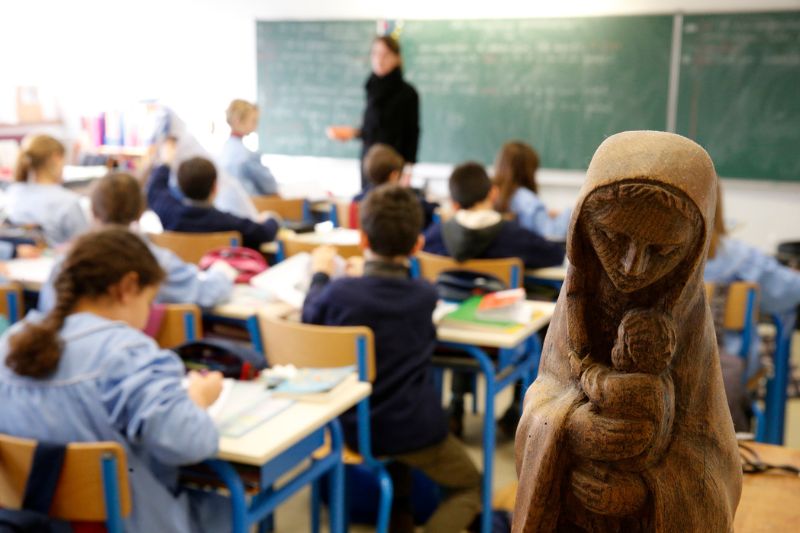
RELIGION
- John Warhurst
- 23 August 2022
18 Comments
The successful implementation of the spirit and the letter of the Plenary Council must involve the Catholic education sector. Catholic schools, meaning students, parents, staff members and governing bodies, are one of the most vital sectors of the church along with the health sector. They must be convinced to engage with and support the reform outcomes of the Plenary Council.
READ MORE 
-
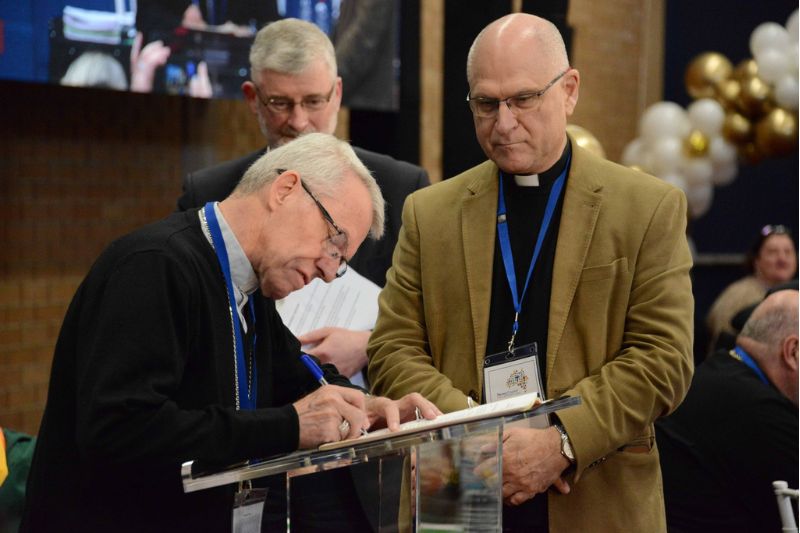
RELIGION
- Geraldine Doogue
- 27 July 2022
7 Comments
What did the Plenary mean exactly, and what is next for the church? Secretary to the Council, Fr David Ranson, offers a rich and bracingly realistic set of observations about the Plenary Council. As secretary, Fr David was deeply absorbed in the lead-up, in the events of the week itself and now in assessing what comes next. He might surprise you with his judgements. They're delivered by a man with an acute sense of Church procedures but also with an eye to possibilities.
READ MORE 
-
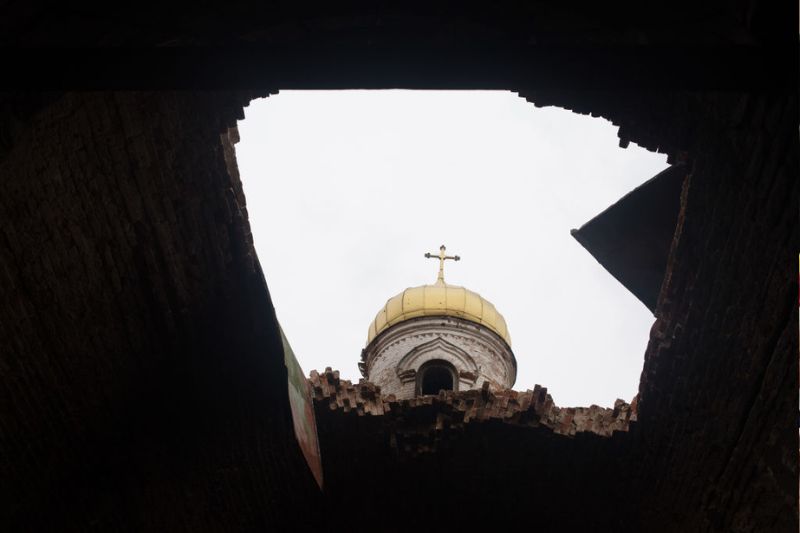
RELIGION
Pope Francis recognised that Moscow’s invasion of Ukraine was ‘perhaps somehow provoked’ and said he was warned before the war that Nato was ‘barking at the gates of Russia’. In an interview with the Jesuit magazine La Civiltà Cattolica the Pope condemned the ‘ferocity and cruelty of the Russian troops’ but warned against a fairy tale perception of the conflict as good versus evil.
READ MORE 
-

RELIGION
- John Warhurst
- 19 July 2022
18 Comments
When those, like myself, seeking reform speak of systemic change to church structures those opposed to change see disrespect towards those holding positions like bishop and priest within the established order. When reformers seek the equality of women in governance and ministry those opposed to change see disrespect towards lay men and male religious as well as to other women.
READ MORE 